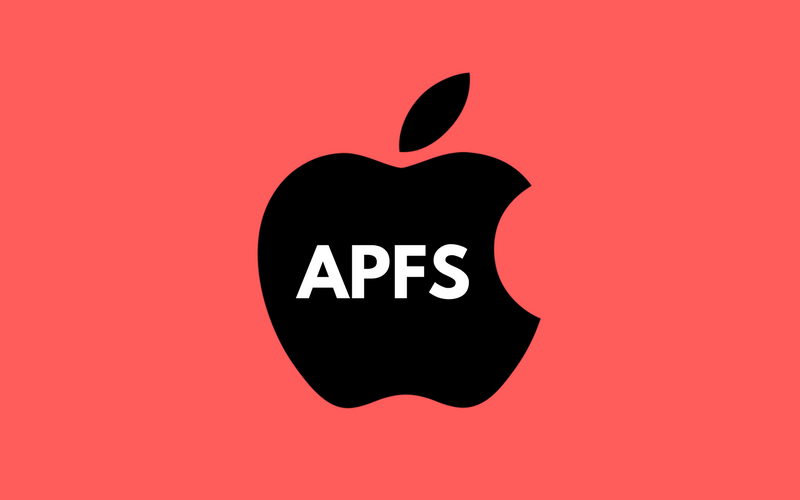 4611
4611
 2017-03-30
2017-03-30
iOS 10.3 just went live and with it, millions of users across the world updated to an entirely new file system. APFS is Apple's new file system that will make its way to all of their major platforms. But what's so special about it? Read on to find out.

1. Apple File System
APFS stands for Apple File System. It's Apple's replacement for HFS+ file system and it will eventually make its way to iOS, macOS, tvOS, and watchOS – covering everything from your Mac, iPhone, iPad, Apple TV and Apple Watch. Right now, iOS 10.3 is the only publicly available OS that runs on APFS.
2. APFS Is Designed To Scale Across All Apple Platforms
HFS+ came about in 1998 and it's almost 20 years old now. It came about in the era of the Mac and has been tweaked to adapt it to iPhone, Apple Watch and Apple TV.
3. Optimized For Flash Storage
Almost every new device Apple sells these days runs on flash storage, including most Macs. And APFS is designed to work best on Flash storage. So we'll see things like faster read and write times and generally more reliability when it comes to data retention and transfer.
4. Headline Features: Snapshot and Clones
Two of the biggest features in APFS are snapshots and clones. Snapshots are a single, point-in-time, read-only instance of the file system. Using Clones, APFS will be able to create quick copies of the same volume without occupying additional storage space.
5. Low Latency Makes APFS Devices Feel Faster
APFS focuses on low latency. Which means that things like app launches and data delivery will be noticeably faster. This should reduce load times – the spinners on iOS and beachballs on the Mac.
6. Free Flowing Partitions
If you're a Mac user who uses partitions, APFS will change things up a bit. If one partition is running out of space, APFS can automatically claim storage space from another partition.
7. Encryption First
APFS is designed with encryption as a primary function. It supports both single key and multi-key encryption.
8. Future Proof
HFS+ supported 32-bit file IDs. APFS supports up to 64-bit inode numbers. APFS is designed to be future proof and it will only get better with future updates.
9. iOS 10.3 Gives You Storage Space Back
Upgrading to APFS has one clear upside. You'll get valuable storage space back – the degree of it depending on how much storage space you've occupied.
10. APFS for Mac is still in Beta
While the iOS version is live, Apple will have a much harder time getting APFS to work just right on the Mac.
Yes, You Should Upgrade to iOS 10.3 if you are not look forward to jailbreaking iOS 10.2.1
Right now, iOS 10.3 is the only way you can get access to APFS. And even though it's an entire new file system, you should update. The transition is smooth, fast and you won't lose any data. So we would suggest to use 3uTools or iCloud backup before updating (as you always should).